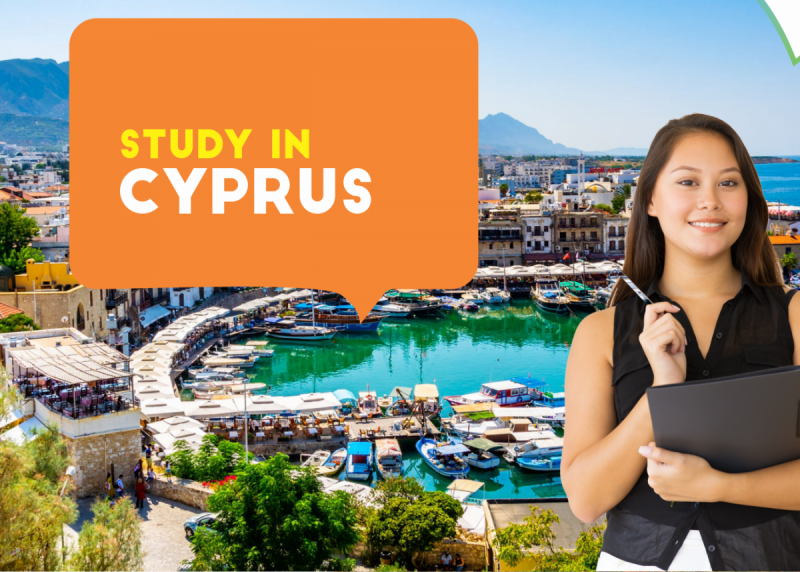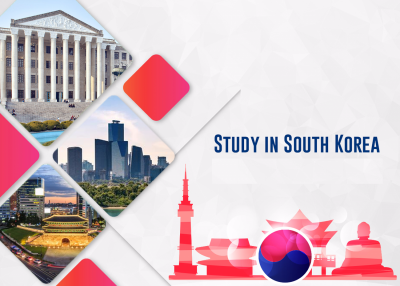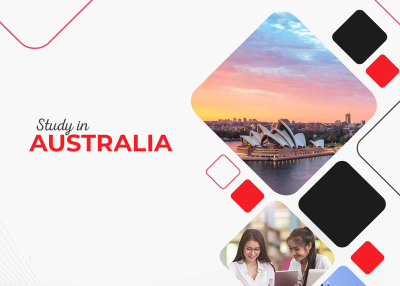Cyprus is an island country in the Eastern Mediterranean and the third largest and third most populous island in the Mediterranean. Cyprus is located south of Turkey, west of Syria and Lebanon, northwest of Israel, north of Egypt, and southeast of Greece. Known for beaches, it also has a rugged interior with wine regions. The coastal city of Pathos is famed for its archaeological sites relating to the cult of Aphrodite, including ruins of palaces, tombs and mosaic-tiled villas.
Culture & Quality of Life
Cyprus is a small island with a long history and a rich culture that spans 10,000 years, making it one of the oldest civilizations in the Mediterranean. With a 97.6 literacy rate, Cyprus is a country with an educated society where there are an overwhelming number of people holding a postgraduate degree.
Cyprus is one of the safest countries in the EU and the majority of Cypriots are fluent in English. The island’s climate, stress-free lifestyle and minimal pollution make it one of the healthiest and most relaxing countries to live. Cyprus has a low cost of living is complemented by one of the most beneficial tax regimes in Europe and a British-based legal system.
Education in Cyprus
Cyprus spends more than 7% of its GDP on education, the third-highest share in the European Union after Denmark and Sweden. Hence, it has proper infrastructure in its extremely developed education system.
Although Cyprus is a member of the EU and the Bologna system, most schools and colleges are based on the American system of education, which gives students the opportunity to choose their academic load and vary their course. It has a positive impact both on students’ leisure time and tuition fee, as the fewer subjects you study, the less you pay.
At the same time, it is somewhat more complicated for the foreigners, since education for them is more expensive and, under the Cyprus immigration law, they are not allowed to work more hours than prescribed by the legislation. Nevertheless, the cost of education in Cyprus is accessible, and although it grows annually, this increase correlates to the inflation index.
There are around 25 000 students studying at the Cypriot universities, and the foreigners make up at least one-third of them. Several international colleges and universities in Cyprus offer dual degree programs, fully accredited by the UK and USA partner universities. There are several public and private universities in the country, offering study programmer in various fields, from business and medicine to computer science and tourism management.
In educational institutions based on the more conservative European system, the curriculum and payments are fixed and all talented students (including foreigners) are eligible for a scholarship or reduction of fees.
Student Life In Cyprus
Students are provided with the necessary conditions for a successful and comfortable study, as well as help with accommodation. The accommodation system is designed in such a way that a place in a dormitory should be primarily given to newcomers and foreigners, but the “first come, first served” approach is still widely practiced.
All major universities and colleges have their own dormitories, and the monthly accommodation cost amounts to 150 EUR. Renting an apartment is more expensive, but all students limited financially may seek the college help in finding houses and apartments to live and share with four and more people.
The higher education institutions are well-funded and provide students with high-standard study halls, libraries, mess halls and student assistance offices, ready to handle the challenges that arise in an international campus.
Taxation
Cyprus offers one of the most attractive tax regimes in Europe with corporate taxes as low as 12.5%. All Cyprus tax residents are taxed on all income accrued or derived from all sources in Cyprus and abroad. Individuals who are not tax residents of Cyprus are taxed on income accrued or derived from sources in Cyprus. An individual is tax resident in Cyprus if he spends more than 183 days in any one calendar year in Cyprus.
Note: Anyone earning under 19,500 EUR per year is not taxed.
Degree Courses
Bachelors courses are taught at both public and private institutions, and typically take four years to complete. Available programmes cover a range of subjects including humanities, science, engineering and technology, business, mathematics, medicine, law and social science.
Bachelor’s degrees are available in English, but if this isn’t your native language you will need to prove your proficiency.
Here are some of the basic requirements you’ll need for every application:
- A scan of your diploma (high school or Bachelor’s degree)
- A transcript/record of your previous courses
- A scan of your passport and/or birth certificate
- Your CV
- Testing scores
- Evidence of scholarship or funding
- Letters of recommendation (between 2-3)
- Portfolio and/or writing samples
Masters Degree
Postgraduate qualifications in Cyprus are equivalent to their UK counterparts. Courses usually take one or two years to complete, and can be studied both full and part time.
The academic year is split into two semesters and runs from September to May in public universities. Mid-term exams are taken in October and March, with final exams taken at the end of each semester. Instruction at private universities is between October and June.
Entrants must have previously studied a relevant Bachelor’s degree in order to be admitted onto a programme. You may also have to complete a postgraduate interview.





